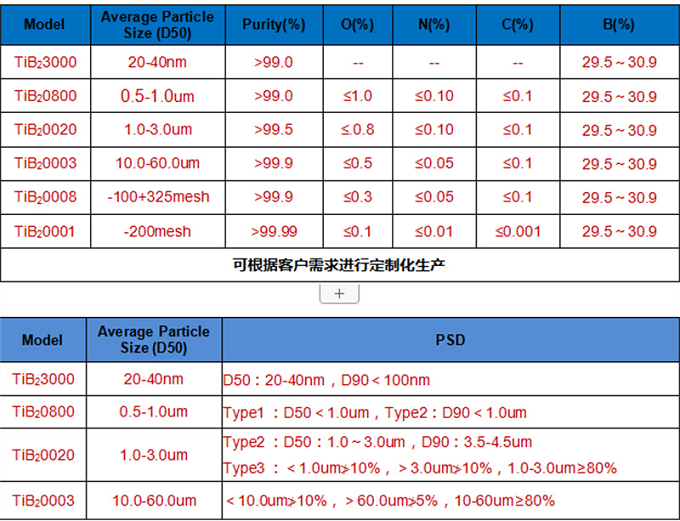Due to their high energy density (2600 Wh/kg), lithium-sulfur batteries are regarded as the next generation of secondary battery systems with great application prospects. Among the cathode materials, the theoretical specific capacity of sulfur is as high as 1675 mAh/g, and sulfur has the advantages of abundant reserves in the earth's crust, low price, and environmental friendliness. However, due to the fact that sulfur is an electronic insulator and the shuttle effect caused by the soluble polysulfides formed during the charging and discharging process, the actual specific capacity and cycle stability of the corresponding batteries will be low, which seriously restricts their future development. practical application. By using porous conductive carbon materials to carry sulfur, the utilization rate of sulfur can be improved. However, carbon materials are essentially non-polar materials, and the weak affinity with polysulfides cannot effectively solve the shuttle effect. In recent years, some polar transition metal oxides, sulfides, phosphides, etc. have been proved to be able to efficiently chemisorb polysulfides, but their relatively low electrical conductivity still restricts their further applications. Therefore, inorganic nanomaterials with high conductivity and polarity are an almost ideal support for sulfur cathodes in lithium-sulfur batteries.
Nano Titanium diboride, benefiting from their excellent electrical conductivity and chemisorption of polysulfides, exhibit excellent long-term cycling stability and excellent high areal capacity performance for sulfur cathode when used as a sulfur support material for lithium-sulfur battery cathodes.
